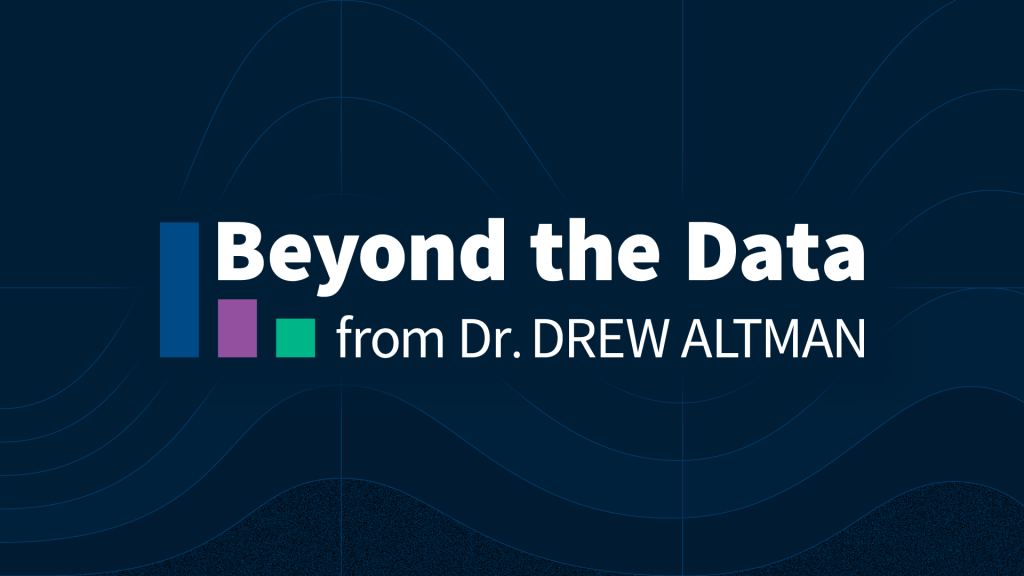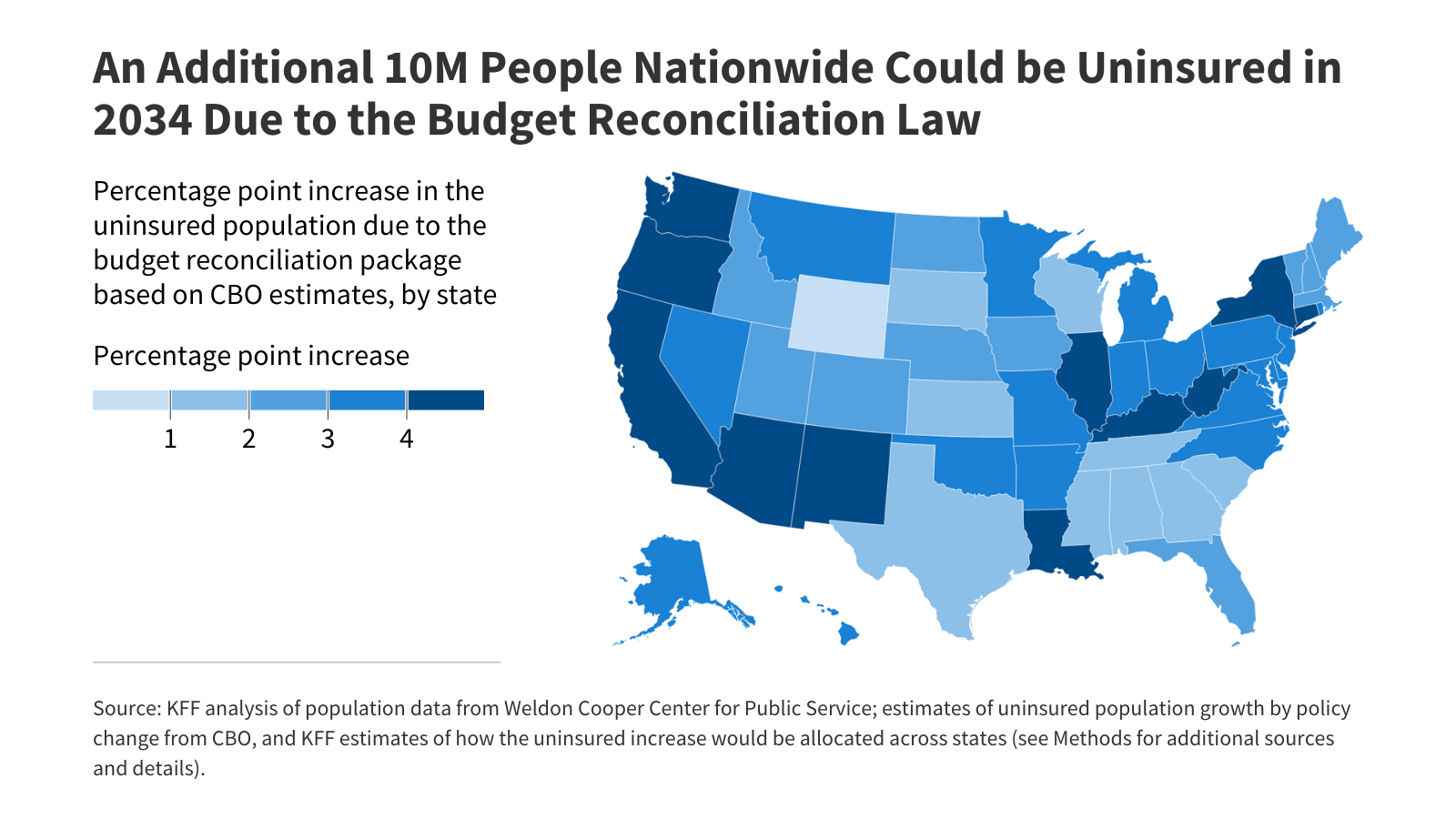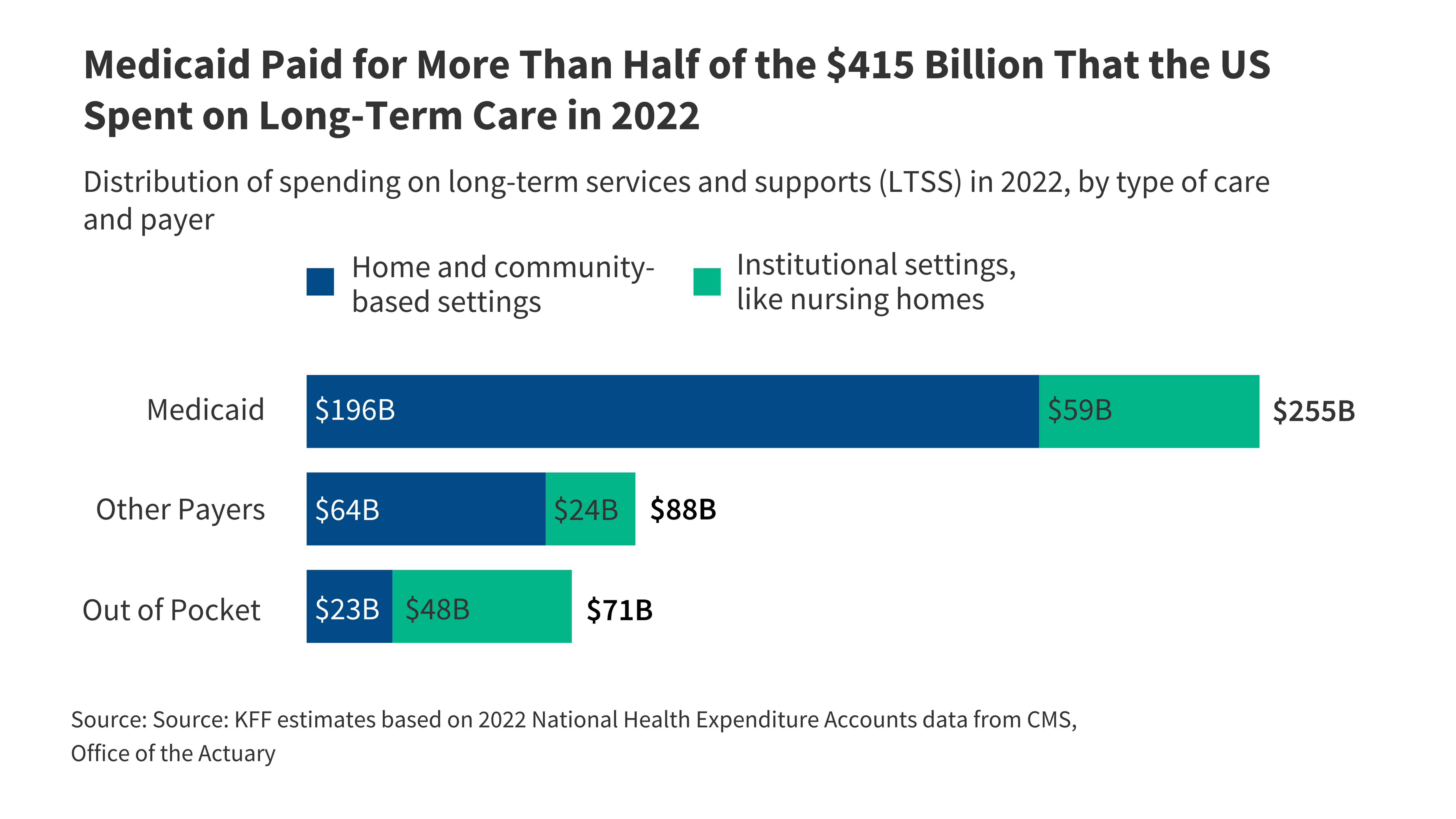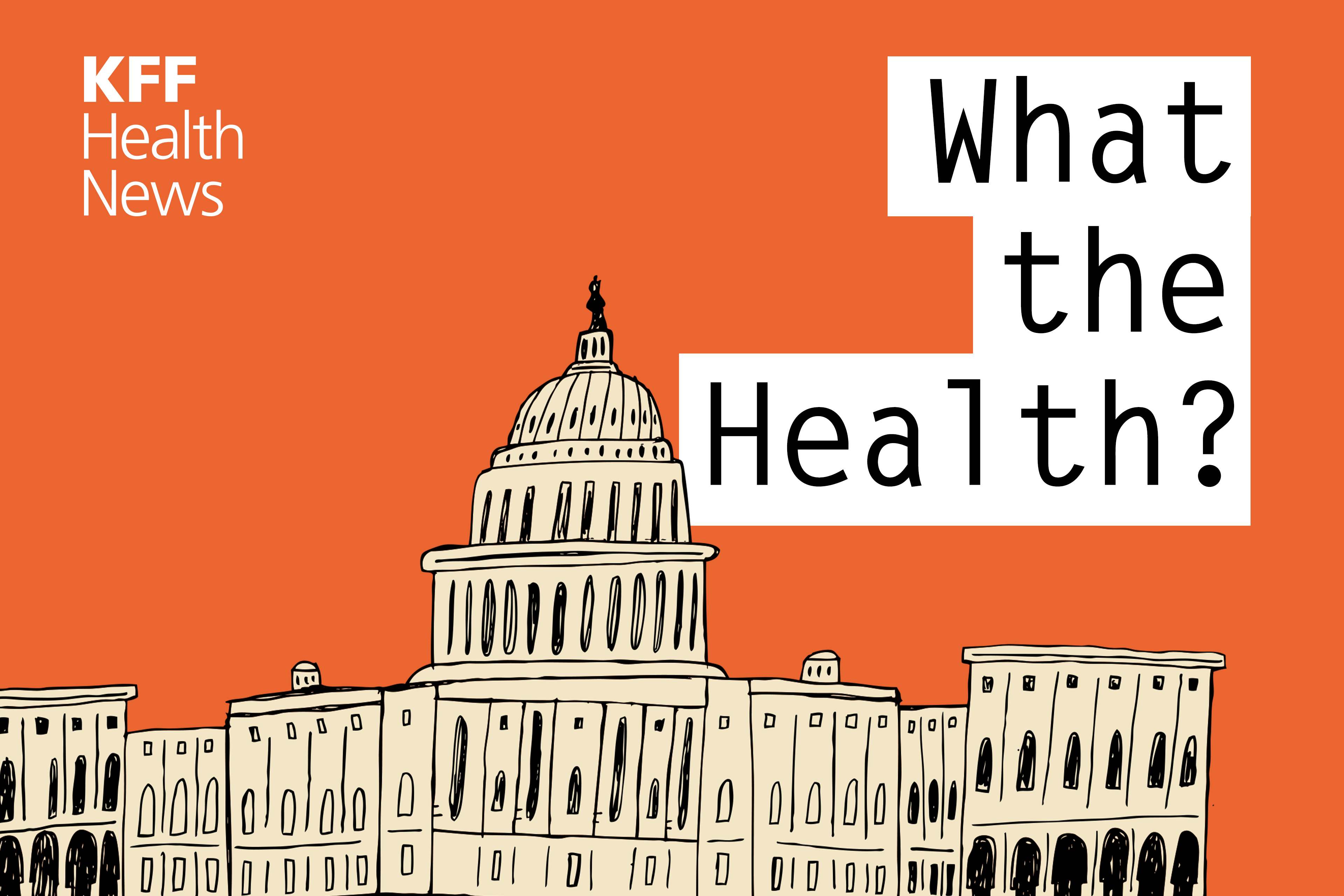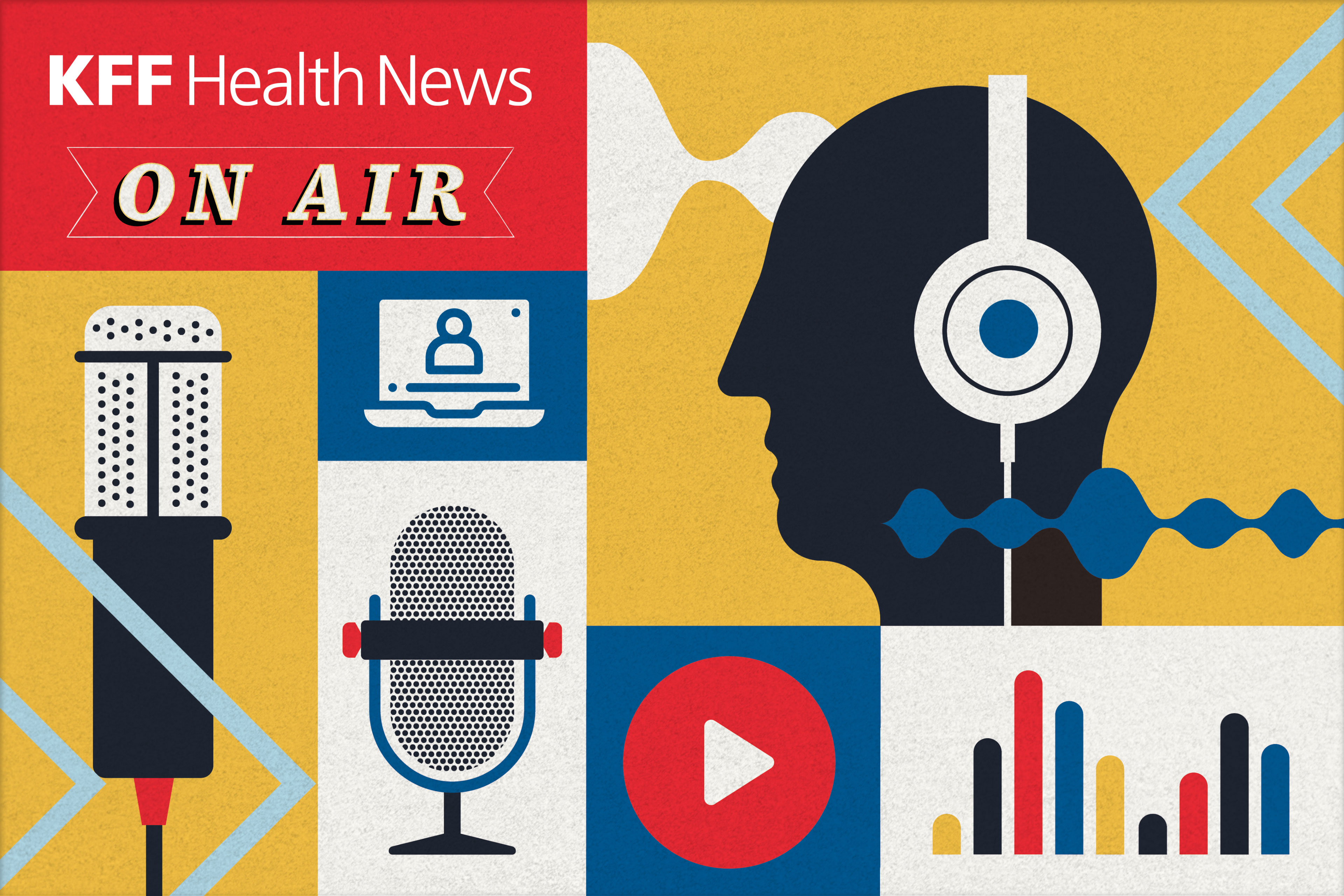From Ballot Initiative to Waivers: What is the Status of Medicaid Expansion in Utah?
The Utah legislature significantly changed and limited the Medicaid coverage expansion that was adopted by the voters through a ballot initiative in November 2018. This issue brief explains new provisions in Utah's recently amended Section 1115 Medicaid waiver and the additional amendments that the state has submitted to CMS, including most recently a request for enhanced ACA federal matching funds for an expansion to 138% FPL with an enrollment cap.
